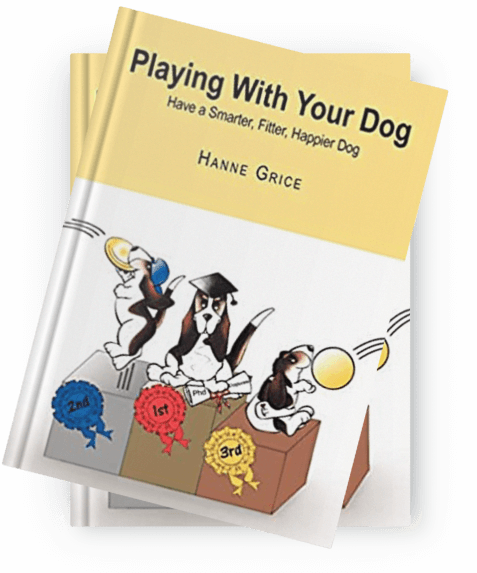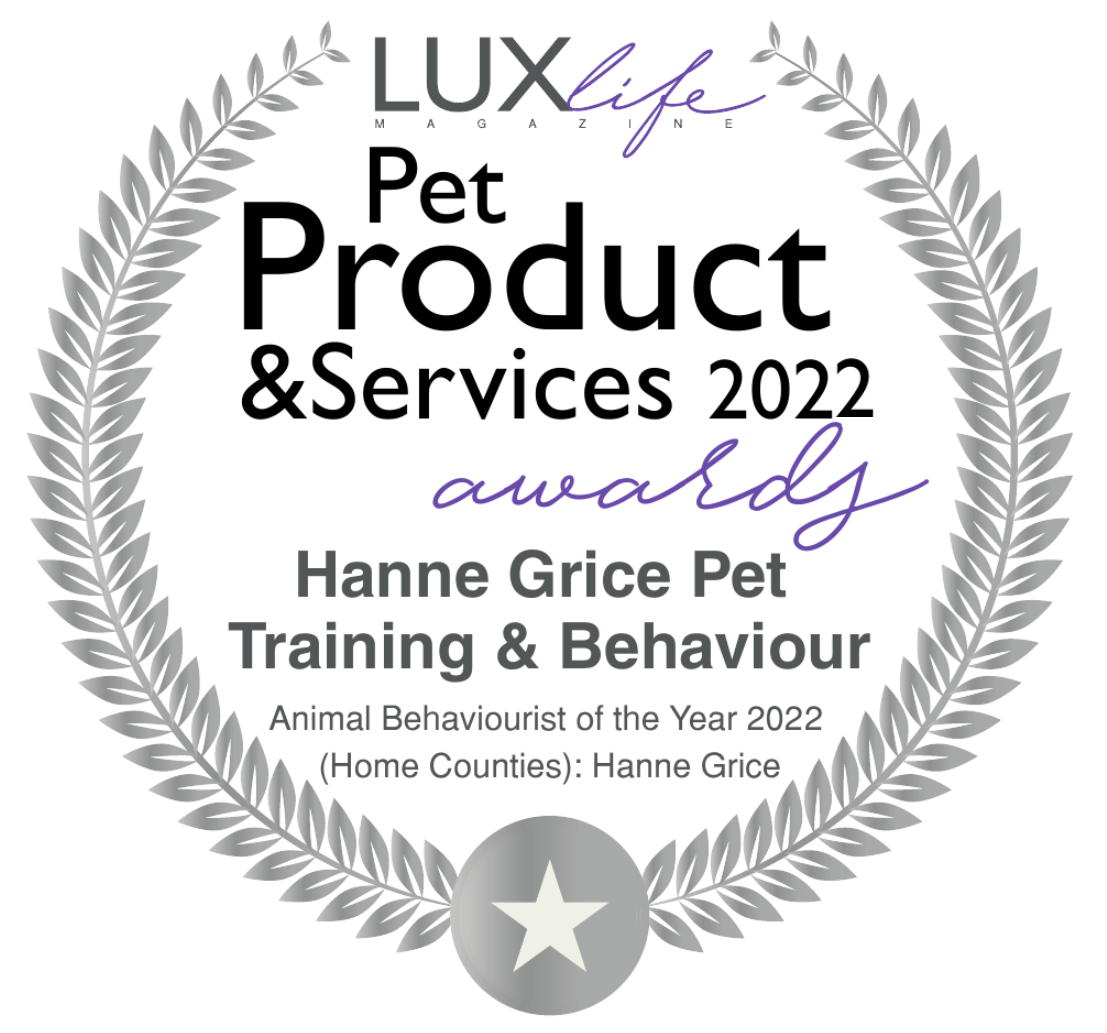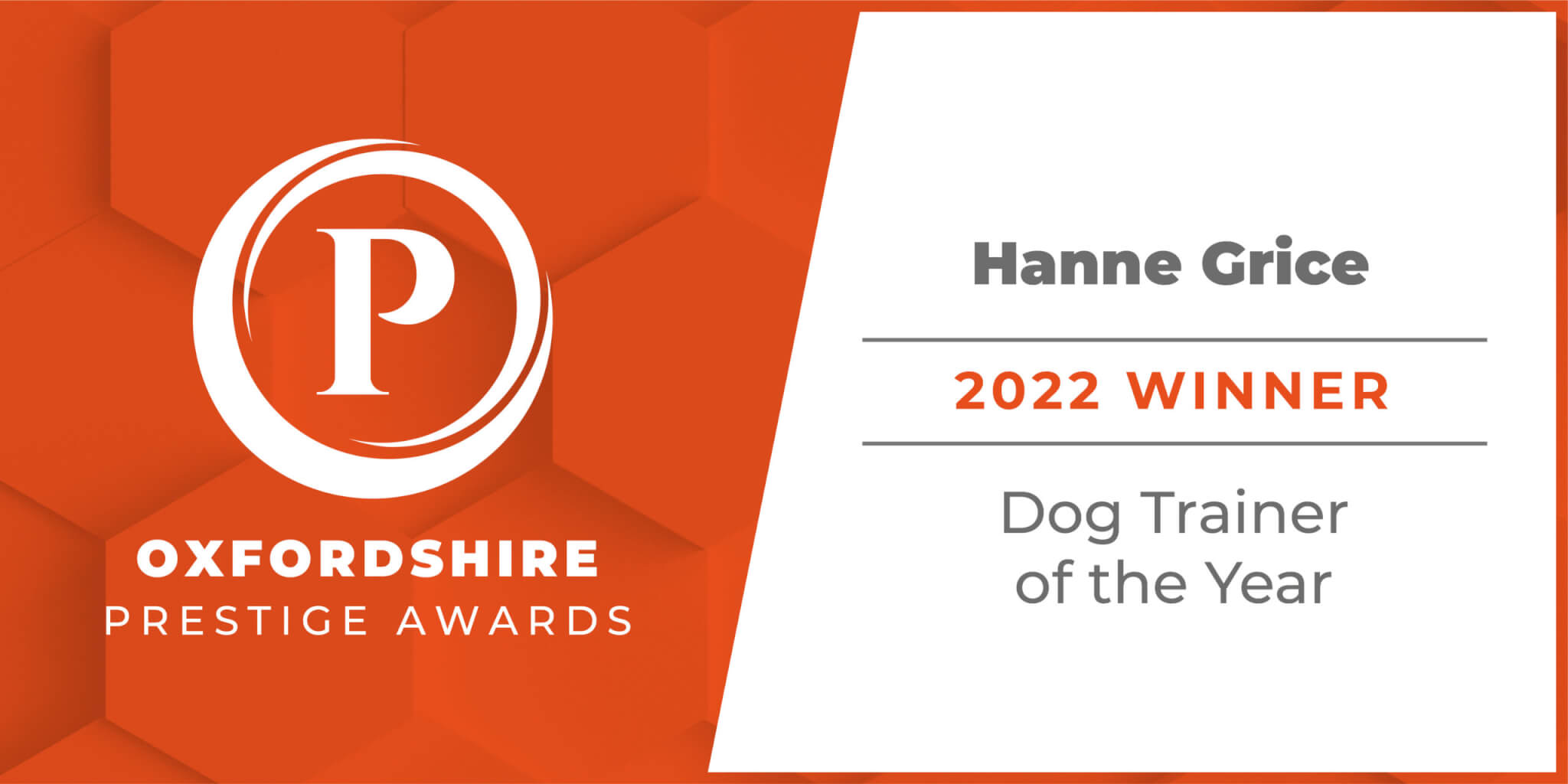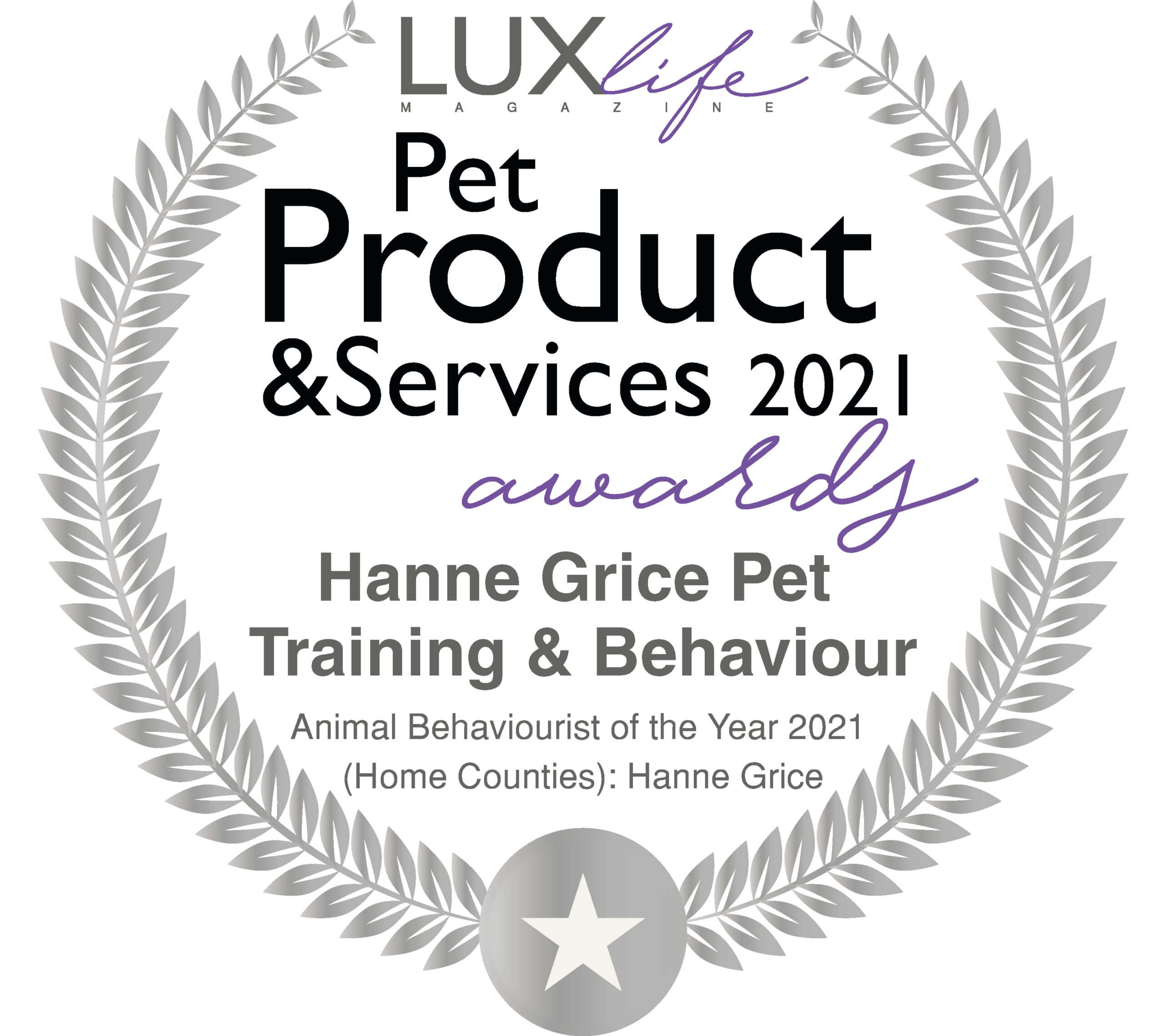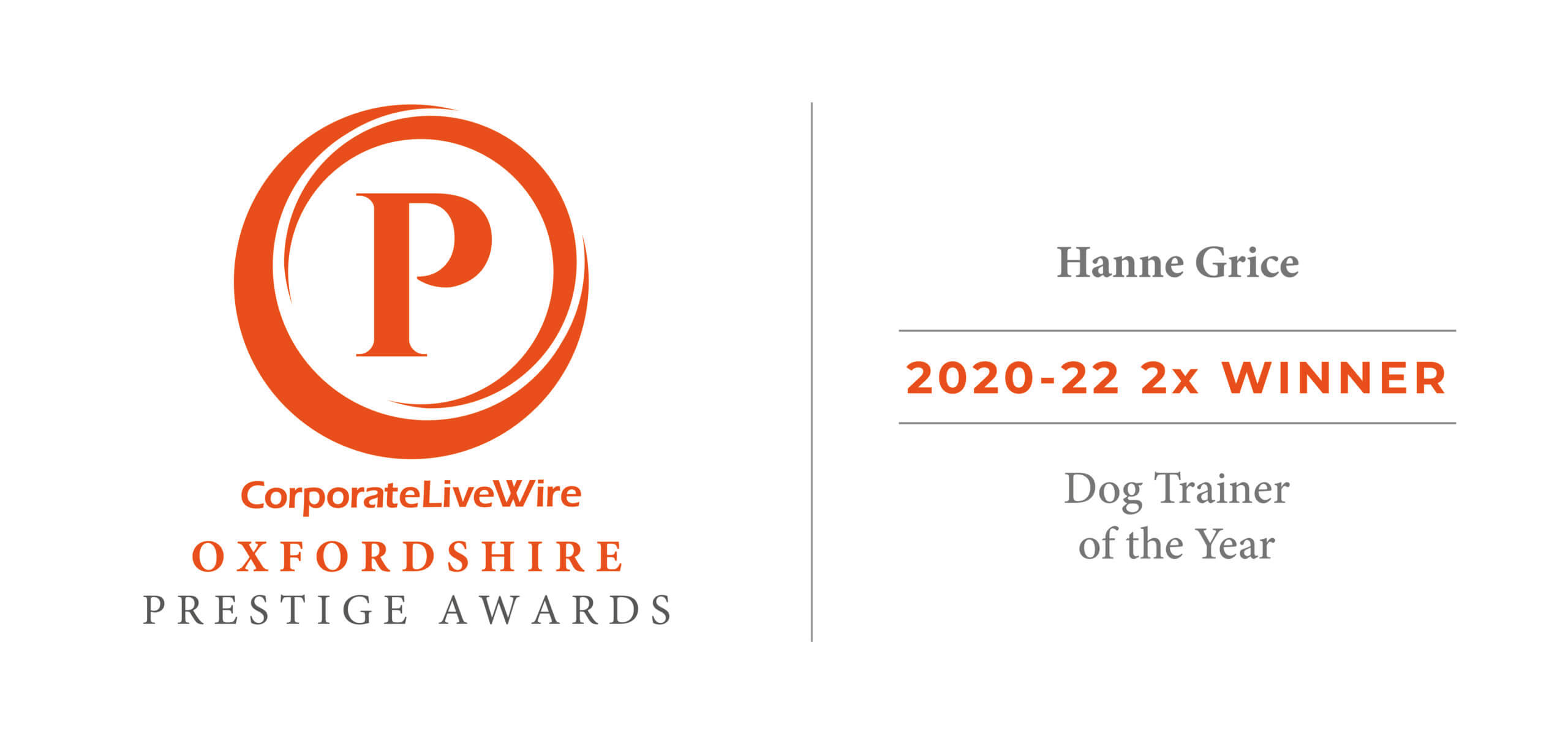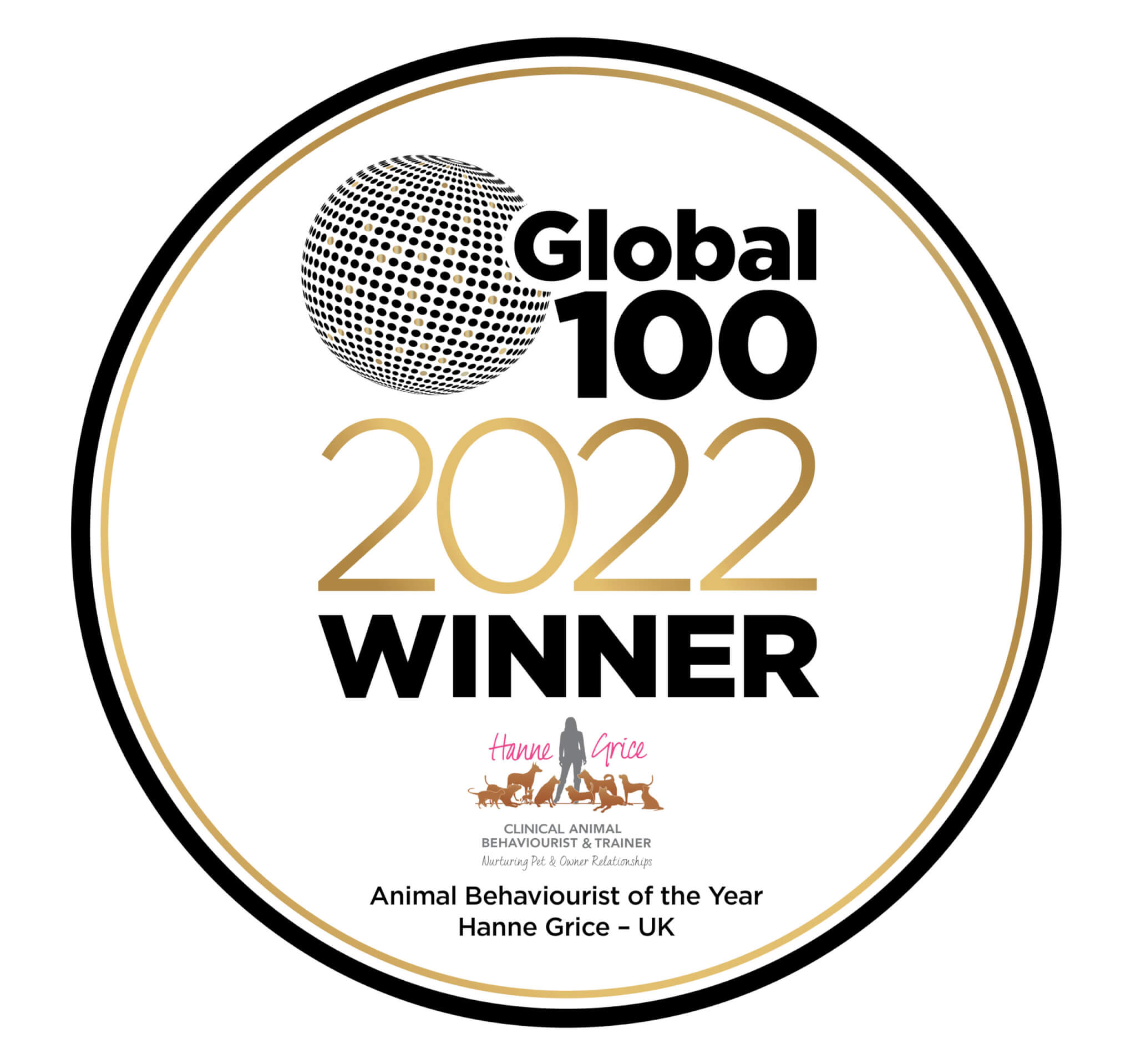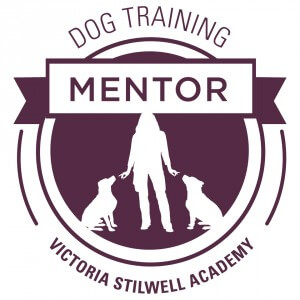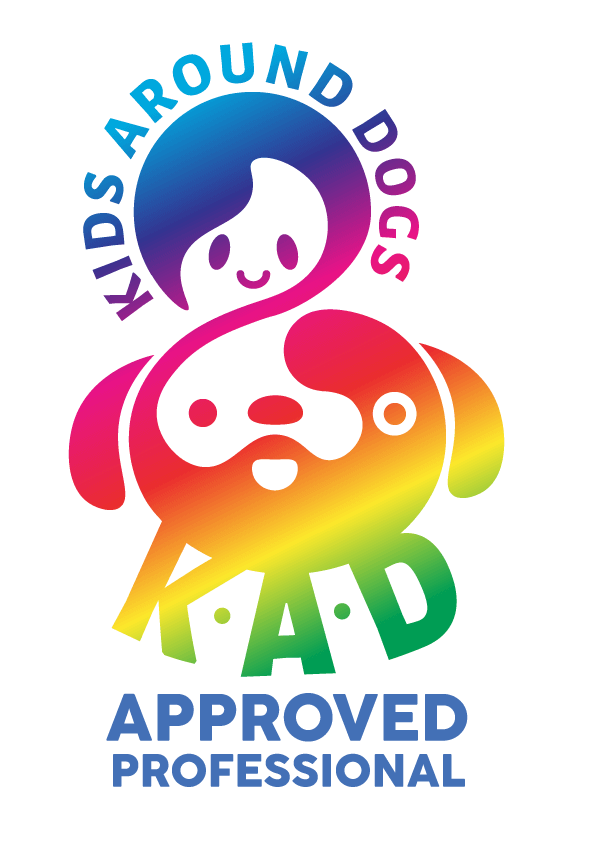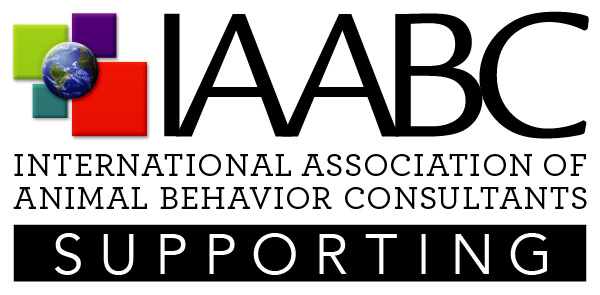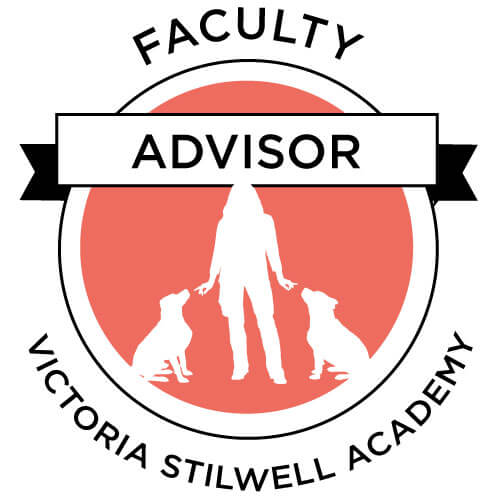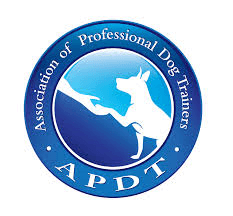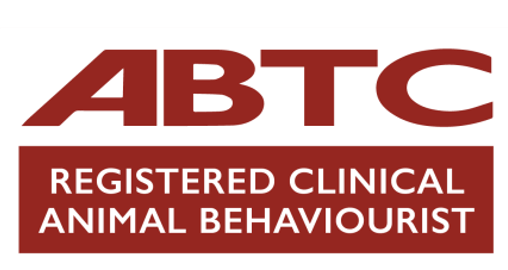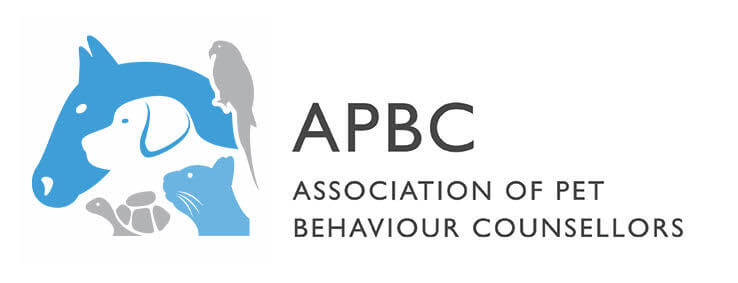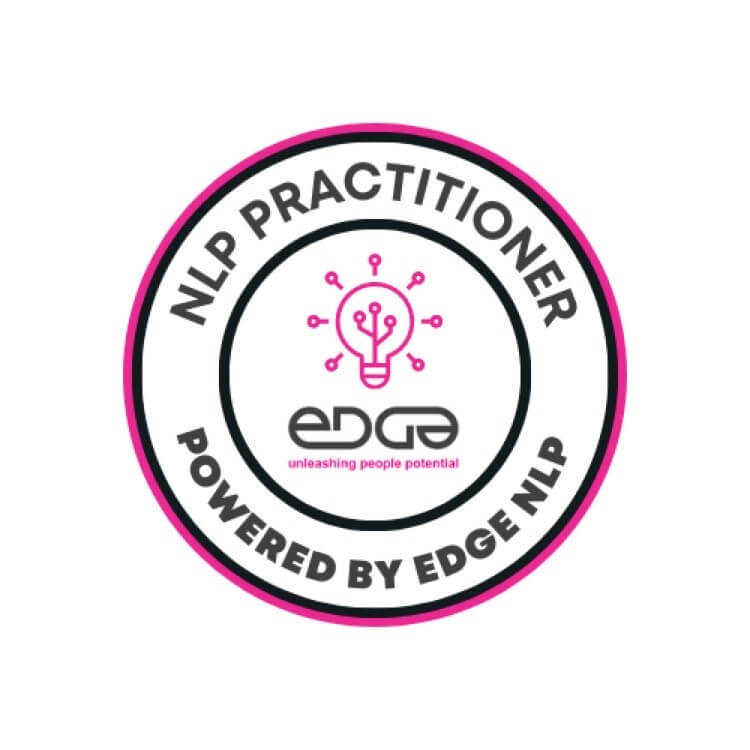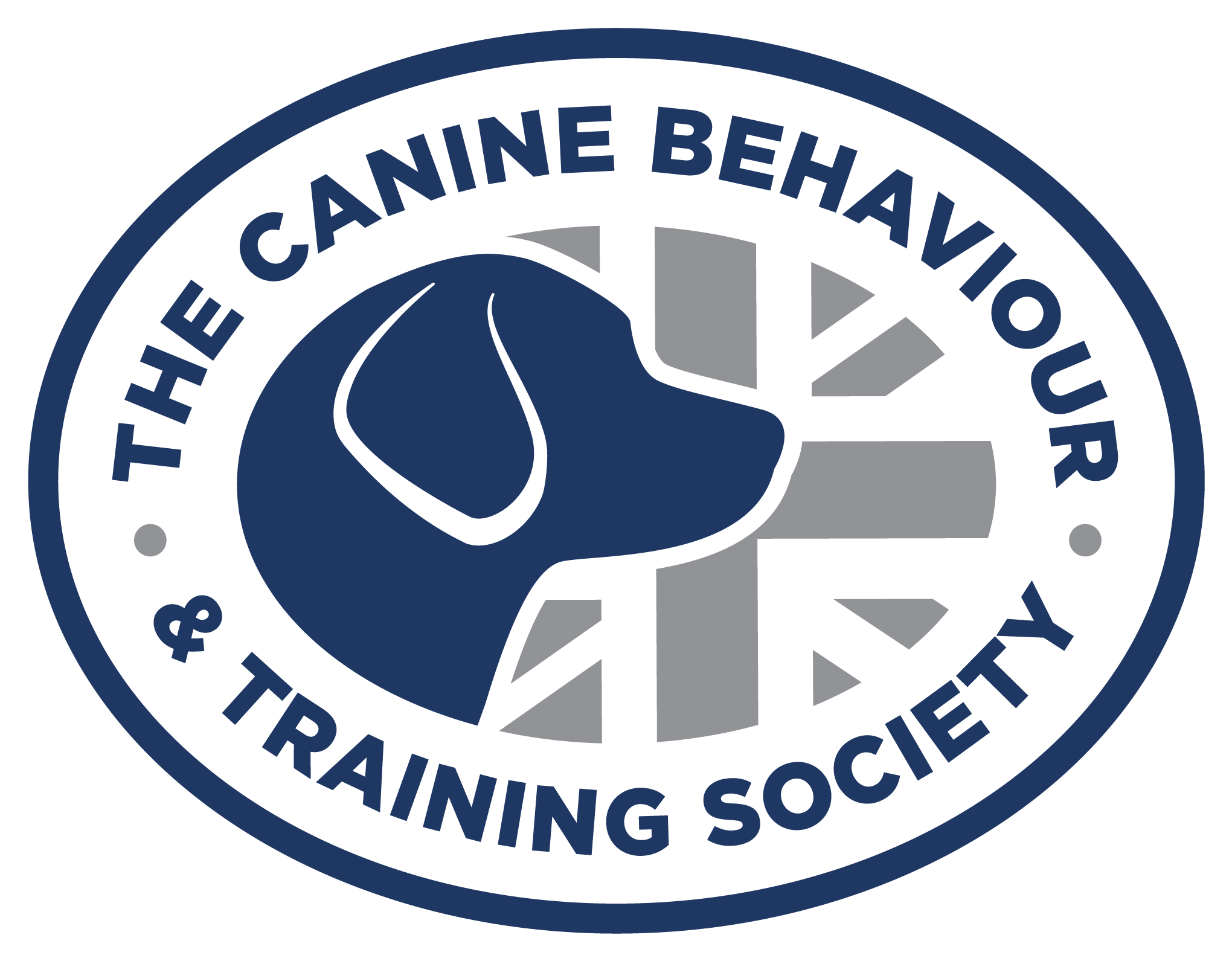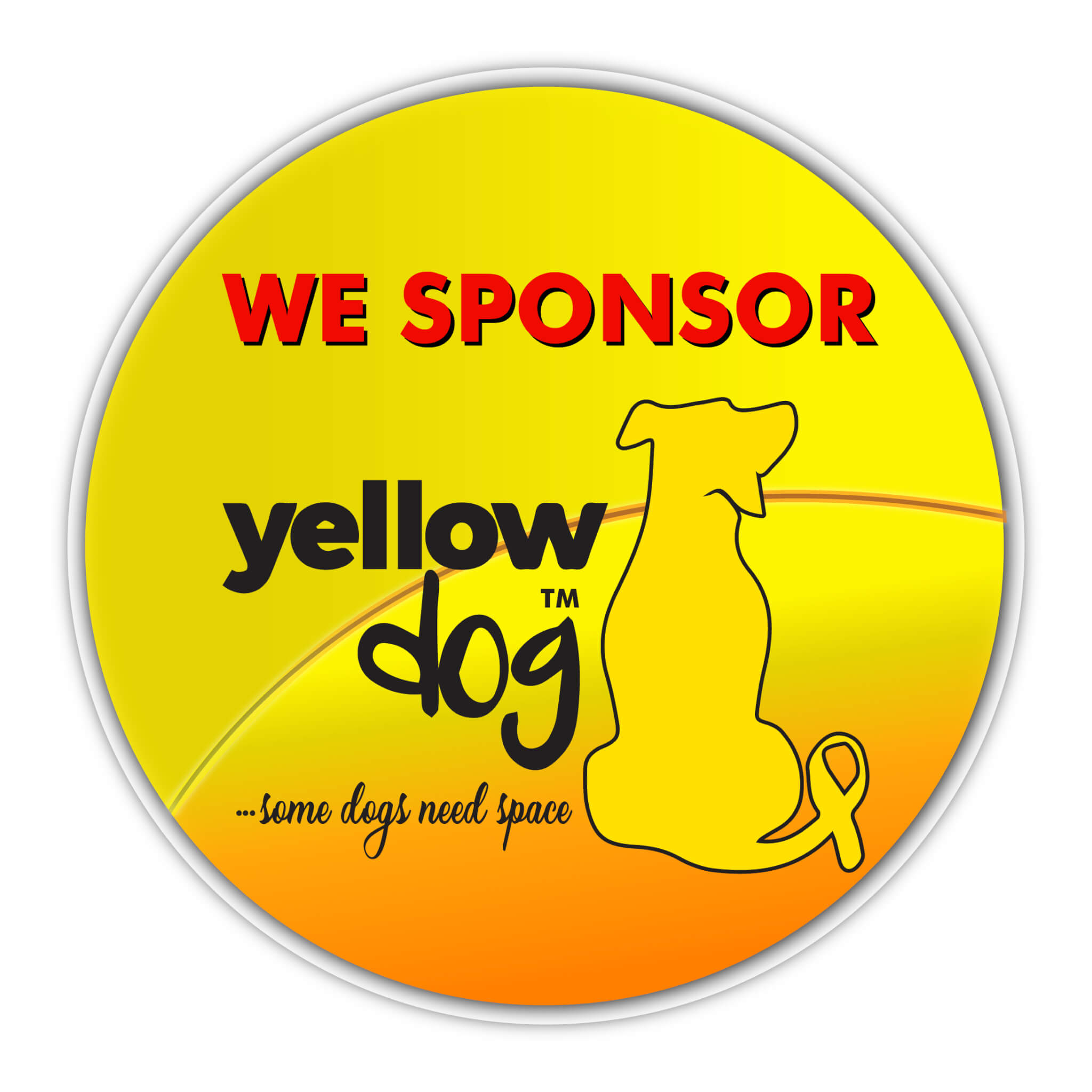When we bring a puppy into our home, we want our dog to settle in quickly, be comfortable in their new environment and grow up to be a well-rounded, confident dog. Typically puppies enter their new homes from about eight weeks of age. Most puppy books will tell the new dog owner of the importance of socialisation which Woodcock (2002) describes as “a few short weeks of intense concentrated exposure to many people, places and situations”.
Learning is constantly taking place; however, puppy owners are often reminded of the rapid learning that takes place between approximately four to 14 weeks of age. Often described as the ‘socialisation period’, this is the stage of development when a puppy is usually much less fearful and more likely to approach and investigate new things and form social bonds. This includes being handled by different people, meeting unfamiliar people when out and about, encountering visitors and, once fully vaccinated, attending puppy parties and or puppy classes. With the current coronavirus (COVID-19) pandemic this presents a challenge for owners of young dogs and puppies but the good news is that there is plenty you can do to help set them and yourselves up for success.
Unless you are self-isolating or ill…
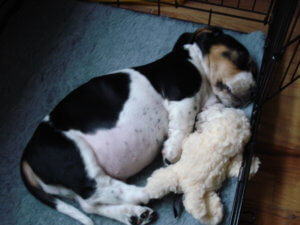
For owners that are not exhibiting any symptoms of COVID-19, have not recently returned from another country nor have any family members unwell, you are still able to go out for walks. That means even if your puppy has not completed their full vaccination programme, you can still take them out. However, puppies that have yet to be fully inoculated would need to be carried, placed in a dog sling or for bigger breeds, you could consider using a dog buggy. When going outside, it is advised you walk in wide and open spaces and adhere to the social distancing advice – remaining at least 2 metres away from others.
To help your puppy socialise with other people:
- Take plenty of your pup’s food in your pocket or get a training pouch and find yourself a spot to observe others.
- Each and every time someone passes, or your puppy spots a person – even at a distance – if they are looking at the person, give your pup a treat / a piece of kibble.
- Do this for short bursts of time such as a couple of minutes and then move on to give your puppy a break and avoid filling him up too quickly.
- Having allowed for a little break, find yourself another spot and repeat this process again. For example, in a 15 minute ‘socialisation’ session, your puppy could have had one of his 3-4 daily meal allowances this way, rather than in a bowl which is a wasted training opportunity. By using food smartly, you can build an association that people are the predictors of fantastic stuff – food! This is classical conditioning.
- For rainy days or times when you’d rather be in your car and not out in the elements, you can still do the above – treat when people pass but in the confines of your vehicle.
- You can also use this time to practice ‘doggie etiquette’ when out and about. You have a cute puppy – you are likely to attract some attention. Work on teaching your dog a “Sit” on cue at home, then practice in the garden then transfer this to the park. When people pass by or stop to chat, you can practice your ‘sit’ request and reward.
- Be sure to keep that 2+ metres distance when you do stop to chat and shorten your dog’s lead to avoid your puppy attempting to jump up at the person. Puppies love to jump up – it’s a normal dog behaviour. However, we want to avoid any accidental learning that encourages jumping and due to the pandemic, jumping up at others presents a risk of physical contact for both individuals as the virus may attach to clothing and hair, although there is currently no evidence that dogs can spread COVID-19. Click here to read general advice in tackling jumping up.
- Dogs are sensitive to tonality and pitch. When chatting to friends / family or neighbours outdoors, encourage them to use calm ‘baby talk’ towards your puppy. Praise your dog when responding positively to this (avoid sounding overly excited as we don’t want to wind up your dog!). Research by Benjamin and Slocombe (2018) suggests dogs are more attentive to those using dog-directed speech; so baby talk can be a simple way to help puppies learn that other people are just great to be around, as this still constitutes to a positive human-animal interaction.
- At home, ensure your puppy is being handled gently and positively by all family members living with you, and they are helping as best they can to support your puppy’s basic training. This helps your dog get used to being touched by different people but ensures you all remain safe. Click here to read more on stroking and the sense of touch.
- Use YouTube or sound apps such as Sound Proof Puppy Training designed to help trainers and owners create a positive association with their dogs to different noises. This means playing the sounds of people chatting and laughing, crowd noise and children playing (if your household is child-free) whilst your pup eats their dinner, licks and chews on food puzzle toys, and when you are enjoying a game or playing and training together.
Remember…
- Avoid people petting your dog while you are out. While there is currently no evidence that pets can become sick from COVID-19, it is common sense to avoid hands-on interactions with anyone outside your home. If someone does pet your dog, it would be wise to wash them down as soon as you get home.
- Wash your hands as soon as you come back from your walk and it is good hygiene practice to gently wipe down your puppy’s paws, and disinfect any equipment such as the dog’s lead with appropriate disinfectants for COVID-19, where this is being handled regularly.
- If you are a keyworker and returning home from work outside, immediately shower and wash your hair and place all worn clothes into your washing machine before interacting with others and your puppy.
- Stick to a routine as much as possible for your puppy. This includes getting them used to small chunks of alone time so they can build confidence when they are left alone, and they can learn self-play. This is where food puzzle toys are a must! For example, fully stuffed and layered Kongs, lickie mats etc to keep them entertained, promote calmness and help redirect those sharp puppy teeth onto these items rather than hands or feet!
If you are self-isolating…
If your pet is staying with you and you are exhibiting symptoms of COVID-19, then the recommended advice is to minimise contact with your puppy as much as possible. Have other family members take care of your puppy including taking them out and working through the above recommendations. If you live alone and there is no one to help, then focus this time on using online resources, such as online training classes, and work on other important areas of learning such as toilet training and bite inhibition. Click here to see my ten behaviours all good puppies should know.
Dogs are incredible animals, they can be resilient and learning takes place throughout their lives, just like us. So stay calm, focus on what you can do to adapt your training during these extraordinary times and know that there are many reward-based trainers out there that can help you.
Any questions?
If you have any questions in relation to this article or in need of advice, please do get in touch. We are holding video conferencing Q&As for owners, provide remote 1-1 training and launching a special LIVE & ONLINE five week Stage 1 Puppies course on 20th April.
References
Benjamin, A., and Slocombe, K. (2018) ‘Who’s a good boy?!’ Dogs prefer naturalistic dog-directed speech. Animal Cognition. doi: 10.1007/s10071-018-1172-4.
Woodcock, D. and Woodcock, R. (2002) Preventing Puppy Problems. DogSense, p.11.
Learn more about our classes
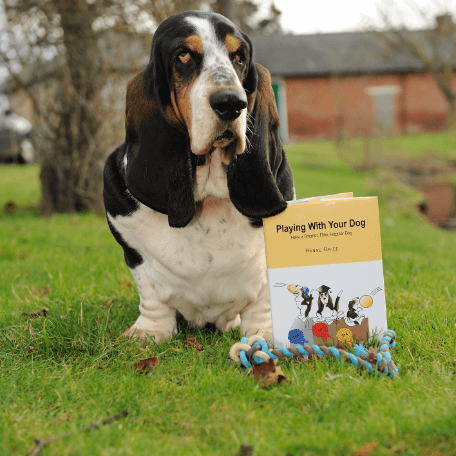
Get Hanne's Book
Playing With Your Dog will help any dog owner work out the games that are best suited for their pet to play throughout his life, from puppyhood to old age. The book also shares some tricks for all ages, group activities, and recommended toys that dogs will enjoy.
